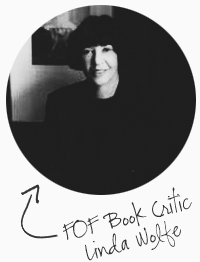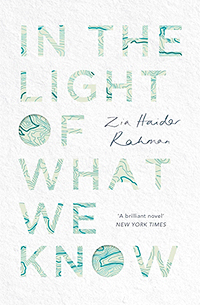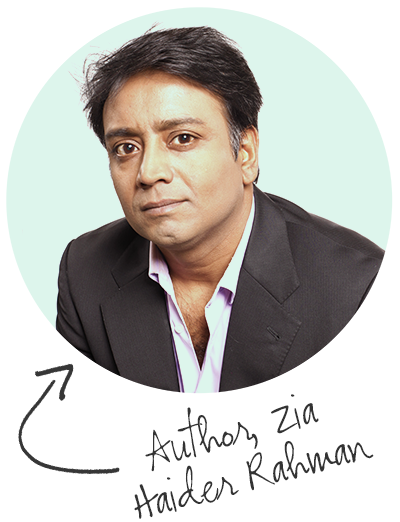{Book Critic & Giveaway} Summer Picks from Linda Wolfe
Am I a voice of one? I’ve never felt that what often goes by the title “Summer Reading” in magazines and online book review sites is what I want to read in the summer. What I want in the summer isn’t a so-called beach book, the kind you are inclined to throw away or press “Remove from Device” on your Kindle as soon as you’ve read it. What I want to read in the summer, what I save to read in the summer, are books with some meat on their bones, so to speak. Here are some that I’ve found succulent indeed so far this summer, not one of which I’m going to throw away, though I might just part with a couple temporarily, to lend to a friend with the proviso that she’d better return them or the friendship’s over. Wham, bam. We’re done, ma’am. Better yet, I’ll probably tell her to go and get the book herself.
Want to win a copy of one of these books? To enter to win, comment below by answering the question: Which of these books do you want to read and why?

FOF award-winning author, Linda Wolfe, has published eleven books and has contributed to numerous publications including New York Magazine, The New York Times, and served the board of the National Book Critics Circle for many years.

In The Light of What We Know
by Zia Haider Rahman
FSG. 497 pp.
This one, like they say about turning fifty and entering upon those challenging decades that lie ahead, ain’t for sissies. Inventive and erudite, In the Light is a debut novel by Zia Haider Rahman, whose family emigrated to England from Bangladesh when he was a young child. Displaced, impoverished, often hungry, the author lived for a time in a rat-infested condemned London building until his father got a job as a bus driver and moved the family into subsidized housing. Young Rahman, despite all the odds against him, flourished, was so intellectually gifted and industrious a student that he won a scholarship to Oxford, where he studied mathematics,  and subsequently became an investment banker, then a human rights lawyer, and now, a novelist.
and subsequently became an investment banker, then a human rights lawyer, and now, a novelist.
Not much happens in this extraordinary novel. That is, what matters is what has already happened, and how its two main characters, talk about what has happened. The families of both are originally from Southeast Asia, though one, the nameless narrator, is from a privileged third-generation family, and the other, Zafar, from a background very like that of the author himself. Friends since their college days—both were at Oxford, both studied mathematics—the pair became bankers, and prospered professionally. But they haven’t seen each other in some years. And now a gaunt and haggard Zafar has arrived unexpectedly at the narrator’s posh home.
Reunited, he and the narrator talk at length in brilliant, analytical, digressive dialogue about all manner of things, from the financial crisis of 2008, to the war in Afghanistan, to sex, manners, love, betrayal, and most tellingly, about the ways class affects and afflicts one’s outlook on life. “No one talks about class anymore,” Zafar tells the narrator, “not since the death of socialism.” But class “is you, it’s the eyes with which you see the world.”
